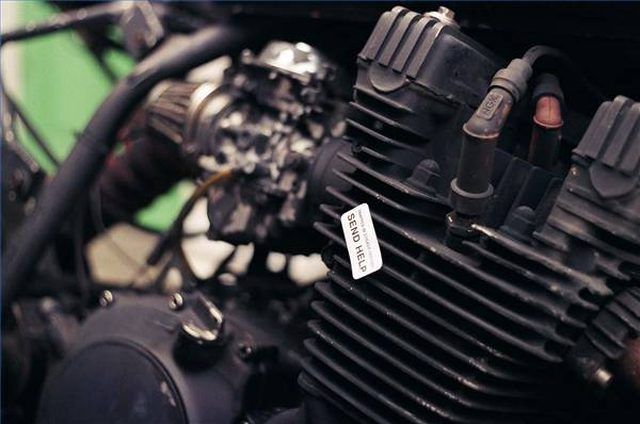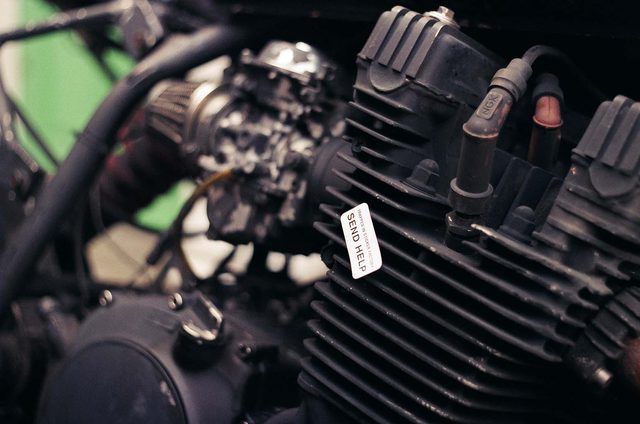Bulbs
Flower Basics
Flower Beds & Specialty Gardens
Flower Garden
Garden Furniture
Garden Gnomes
Garden Seeds
Garden Sheds
Garden Statues
Garden Tools & Supplies
Gardening Basics
Green & Organic
Groundcovers & Vines
Growing Annuals
Growing Basil
Growing Beans
Growing Berries
Growing Blueberries
Growing Cactus
Growing Corn
Growing Cotton
Growing Edibles
Growing Flowers
Growing Garlic
Growing Grapes
Growing Grass
Growing Herbs
Growing Jasmine
Growing Mint
Growing Mushrooms
Orchids
Growing Peanuts
Growing Perennials
Growing Plants
Growing Rosemary
Growing Roses
Growing Strawberries
Growing Sunflowers
Growing Thyme
Growing Tomatoes
Growing Tulips
Growing Vegetables
Herb Basics
Herb Garden
Indoor Growing
Landscaping Basics
Landscaping Patios
Landscaping Plants
Landscaping Shrubs
Landscaping Trees
Landscaping Walks & Pathways
Lawn Basics
Lawn Maintenance
Lawn Mowers
Lawn Ornaments
Lawn Planting
Lawn Tools
Outdoor Growing
Overall Landscape Planning
Pests, Weeds & Problems
Plant Basics
Rock Garden
Rose Garden
Shrubs
Soil
Specialty Gardens
Trees
Vegetable Garden
Yard Maintenance
Troubleshooting Tecumseh Gasoline Engines
Troubleshooting Tecumseh Gasoline Engines. Most Tecumseh engines are used in small vehicles such as lawn mowers and even motorcycles. On average they're very reliable. The principle reason an engine type such as this would have trouble functioning is simply lack of maintenance. So let's start with the simple stuff that's easily overlooked. Check...


Engine Won't Start
Most Tecumseh engines are used in small vehicles such as lawn mowers and even motorcycles. On average they're very reliable. The principle reason an engine type such as this would have trouble functioning is simply lack of maintenance. So let's start with the simple stuff that's easily overlooked. Check the cutoff valve on the fuel lines leading from the gas tank to the engine, ensuring they are open. Check the ignition switch to make sure it's in the "on" position. Make sure there is fuel in the tank. Check the tank's cap to see if the vent cap has become clogged. Open the tank and feel around on the inside of the tank's top. If you feel moisture there, it's condensation, meaning you've got water mixed in with your gas and will have to siphon it all out and refill the tank. Unscrew the spark plug from the engine housing but leave the wire from the starter attached. Make sure there's no gunk on the spark plug and file the contacts clean if you need to. Ensure the starter is working properly by thumbing the ignition and watching the spark plug. If it sparks then it's working as it should. If you've been trying to start it for more than five minutes then the engine may be flooded. Turn the choke off and try starting it again. If the engine won't kick over it's an internal problem, most likely something in the combustion cylinders causing insufficient compression, preventing the engine from firing. This must be seen by a repair person.
Engine Idles Roughly
Any problem with the engine idling is the fault of the carburetor. The carburetor is responsible for how much air passes into the combustion cylinders to facilitate firing. Too much prevents combustion, too little causes insufficient cylinder compression. Hopefully the carburetor is just dirty. Simply remove it, air it out, and soak it in store-bought carburetor cleaner. If, upon inspection, there are thin spots in the carburetor through which light is visible, it's likely there are holes in the weave of the carburetor. This means it cannot regulate air passage and needs to be replaced. While the carburetor is removed, inspect the carburetor housing and the air intake surrounding it. It's possible that a bad O-ring or gasket could cause an air leak. If so, this is why your engine is idling roughly. Seals such as this can be replaced without great expense or time.
Engine Knocks
An engine knocks when, after a cylinder has fired, the vapor inside cannot be removed quickly enough to allow the other cylinders to fire in sequence. It's a hiccup of sorts that reduces engine efficiency and causes excessive internal wear. This can happen if the engine is overheated, so let the engine cool for a while before running it again. The flywheel, which ensures that the cylinders fire in sequence, may be loose. This could cause the cylinders to momentarily fire out of sequence, causing knocking. The piston heads, which force their way into the combustion chamber to create sufficient pressure for firing, may be worn. If they are sufficiently worn then fuel vapor may get caught behind the piston heads and prevent smooth running. Likewise the insides of the combustion chambers themselves could be coated with carbon deposits, preventing the piston heads from entering and withdrawing smoothly. Ultimately all these problems can only be diagnosed and fixed by a professional motor repair service, so if letting the engine cool doesn't fix the problem, take it in to be serviced as soon as possible.